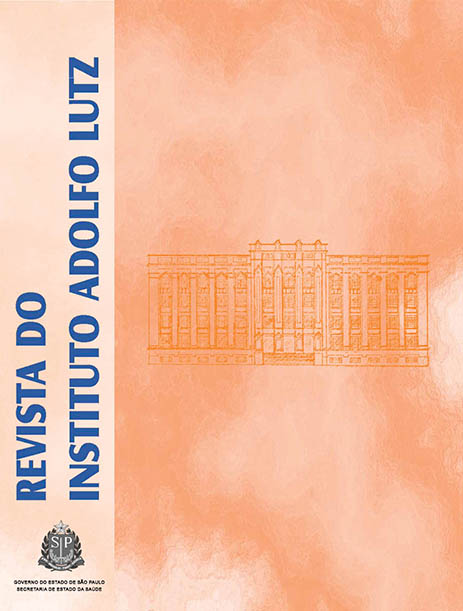Regulation of food commercialization in school environment: analyses of the Brazilian legal instruments to promote healthy foods
Keywords:
food service, school feeding, commercialized food, food legislation
Abstract
The legal instruments which regulate the commercialization of food and drink at Brazilian schools were investigated. The study was performed through popular electronic search engines, including legal instruments published in Brazil in the last ten years (from 2001 to 2010). Nineteen regulations were identified with lists of items to be sold at Brazilian schools. Ten of those refer to municipal regulations; one refers to the municipalities of the metropolitan area of Greater São Paulo; one to the Federal District; and seven to different Brazilian states. All legal instruments list items which cannot be sold; 44% of them list permitted food options and restrain any advertising on the prohibited food in the school environment; 50% refer to the mandatory inclusion of informational material about food and nutrition. The legal instruments aim to assist the school for encouraging healthy eating habits and for preventing obesity. Nevertheless, the efficiency of these regulations needs to be monitored so that the proposed objectives might be complied. Considering the pedagogical duty of school food, a well-planned action to promote the adoption of healthy eating habits is crucial.
Published
2012-01-01
How to Cite
Gabriel, C. G., Ricardo, G. D., Ostermann, R. M., Corso, A. C. T., Assis, M. A. A. de, Di Pietro, P. F., & Vasconcelos, F. de A. G. de. (2012). Regulation of food commercialization in school environment: analyses of the Brazilian legal instruments to promote healthy foods. Revista Do Instituto Adolfo Lutz, 71(1), 11-20. Retrieved from https://periodicoshomolog.saude.sp.gov.br/index.php/RIAL/article/view/32385
Issue
Section
REVIEW ARTICLE










